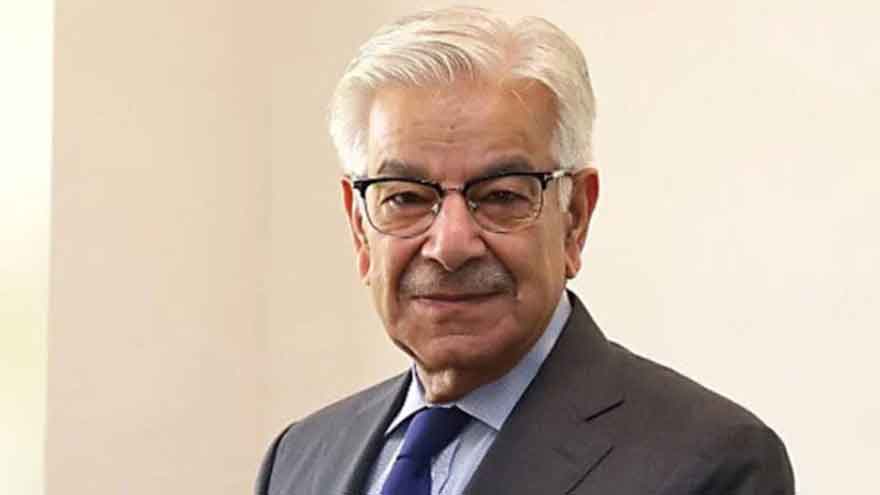Pakistan Moves Toward Legalizing Cryptocurrency, Igniting Global Attention

In a significant policy shift, Pakistan is preparing to legalize cryptocurrency trading in a bid to attract international investment and strengthen its growing digital economy. This decision has attracted global attention, particularly as the country aims to create a comprehensive regulatory framework for digital assets.
A New Vision for Crypto in Pakistan
This move comes after the appointment of Bilal Bin Saqib as the chief advisor to Pakistan’s finance minister on digital asset management. In a recent interview, Saqib revealed that the government is determined to establish a legal and regulatory structure for cryptocurrencies. “Pakistan is done sitting on the sidelines,” Saqib said. “We want to attract international investment because Pakistan is a low-cost, high-growth market with 60% of the population under 30. We have a Web3-native workforce ready to build.”
Despite the lack of an official regulatory framework, Pakistan ranks as the ninth-largest country in terms of cryptocurrency adoption. According to blockchain analysis firm Chainalysis, an estimated 15 to 20 million Pakistanis are involved in crypto trading, signaling strong demand for legal pathways to digital asset transactions.
Shifting from a Ban to Regulation
Historically, Pakistan’s approach to cryptocurrency has been cautious. In 2018, the State Bank of Pakistan (SBP) imposed a ban on financial institutions processing cryptocurrency transactions. However, the global surge in crypto adoption and the need to compete internationally have prompted Pakistani authorities to reconsider their stance.
The appointment of Bilal Bin Saqib reflects a shift in policy towards establishing structured regulation instead of outright bans. Saqib’s role also includes exploring the potential of artificial intelligence (AI) and blockchain technologies within Pakistan’s public sector to enhance efficiency, transparency, and governance.
Global Influences and Regional Competition
The decision to legalize cryptocurrency coincides with broader international developments, including the pro-crypto stance of former U.S. President Donald Trump, which has influenced global markets. As countries like India and the UAE move toward regulated crypto environments, Pakistan is also keen to adopt a competitive framework to avoid falling behind in the digital economy.
“Trump is making crypto a national priority, and every country, including Pakistan, will have to follow suit,” Saqib commented, highlighting the global shift toward recognizing the importance of digital assets.
The Road Ahead
While the legal framework for cryptocurrency is still under development, experts predict that Pakistan will engage key stakeholders, including the central bank, financial institutions, and the crypto community, to ensure a balanced and effective regulatory approach. A robust legal structure could not only address risks associated with cryptocurrencies but also foster innovation in financial technology, Web3 applications, and decentralized finance (DeFi).
However, challenges remain, including anti-money laundering (AML) compliance, taxation policies, and consumer protection. As Pakistan moves forward with its crypto legalization efforts, these issues will need careful attention to ensure a safe and sustainable environment for digital asset trading.
With its young, tech-savvy population and the global rise of digital currencies, Pakistan’s decision to regulate cryptocurrencies could mark a pivotal moment in its economic transformation. If successful, it could unlock new investment opportunities and establish the country as a regional leader in digital innovation.




